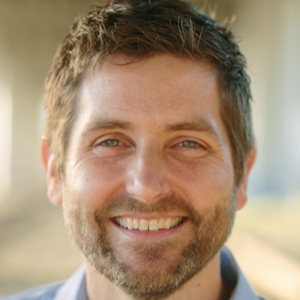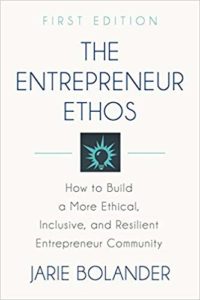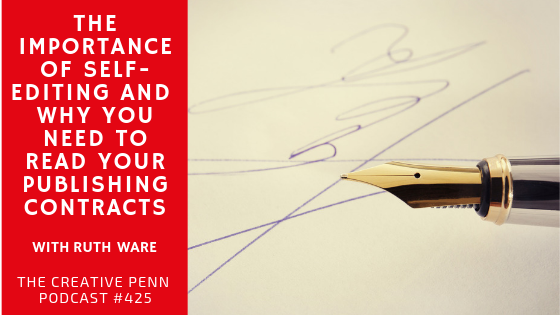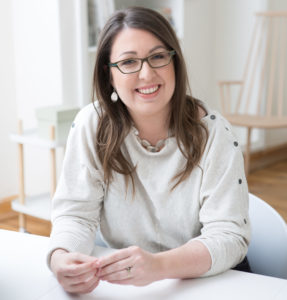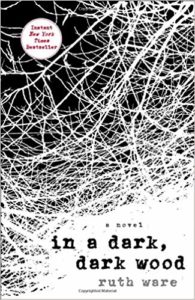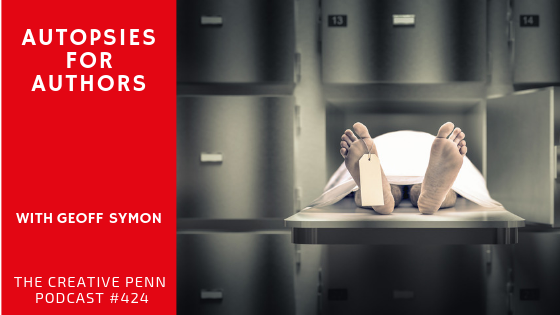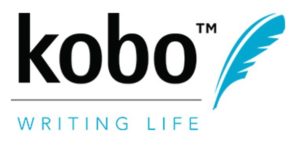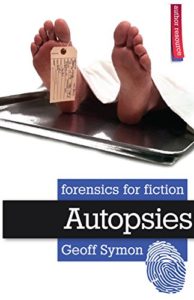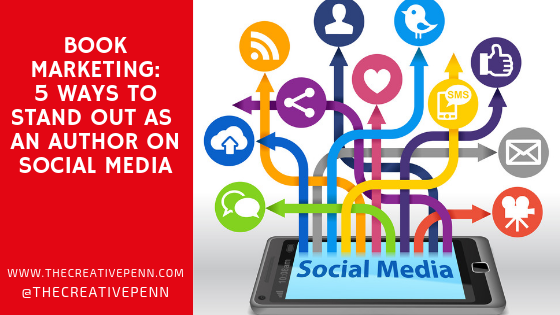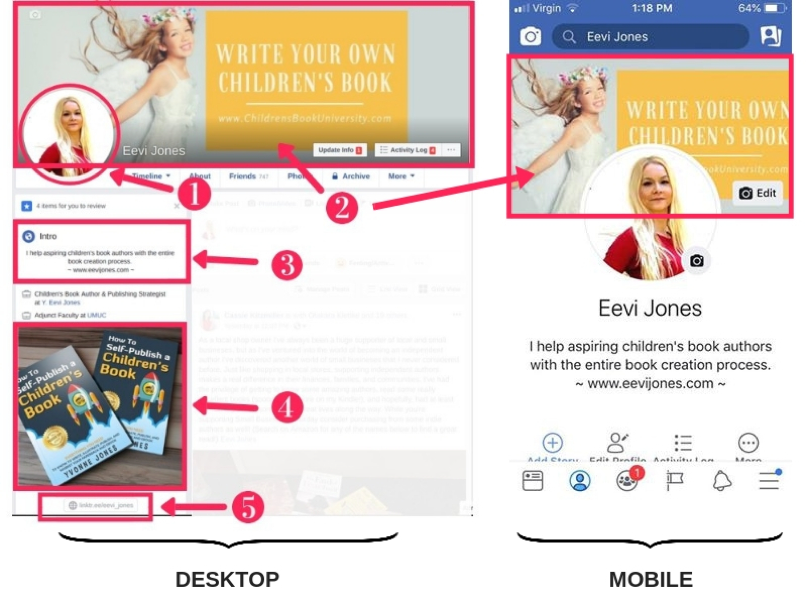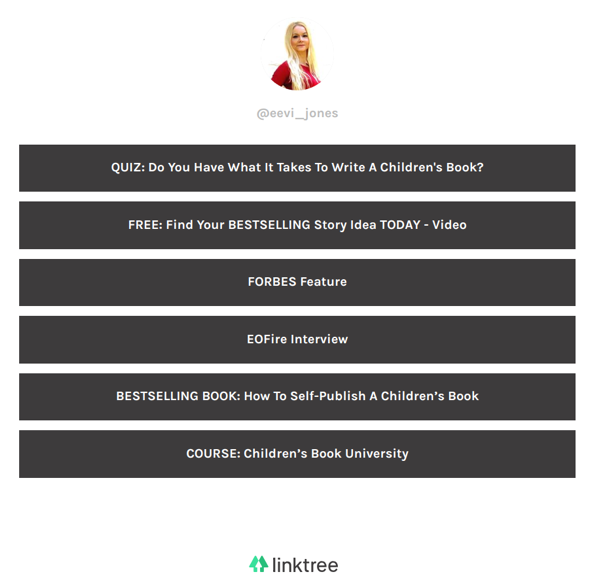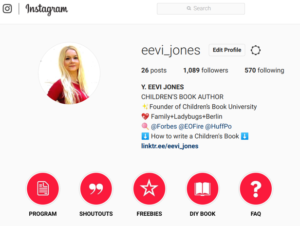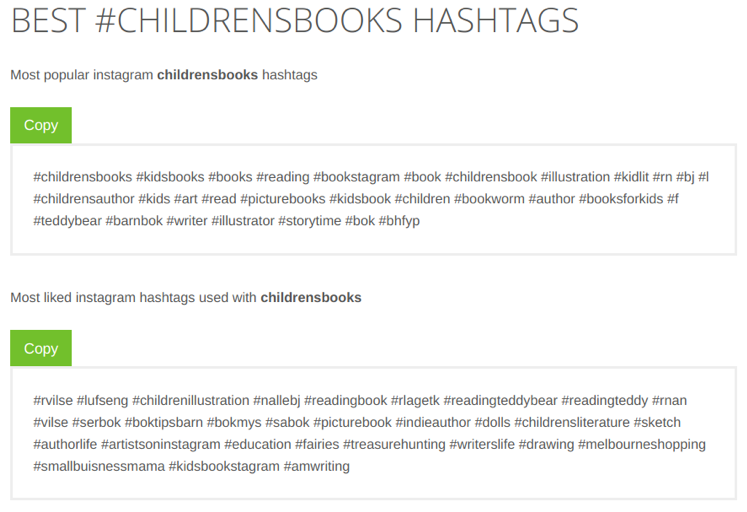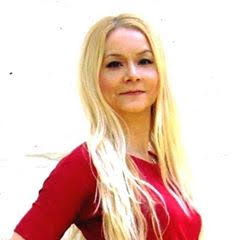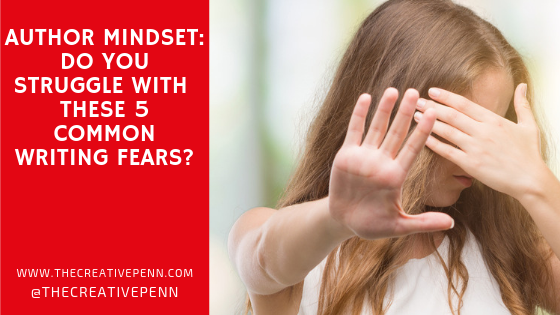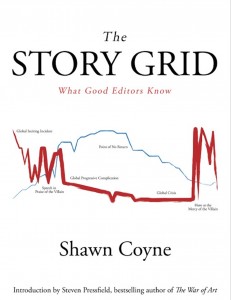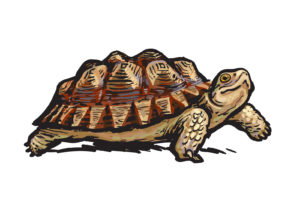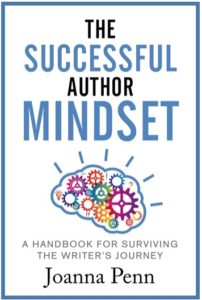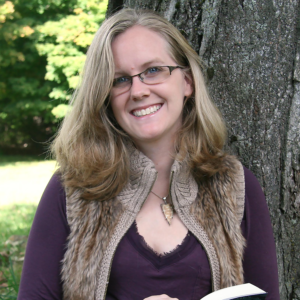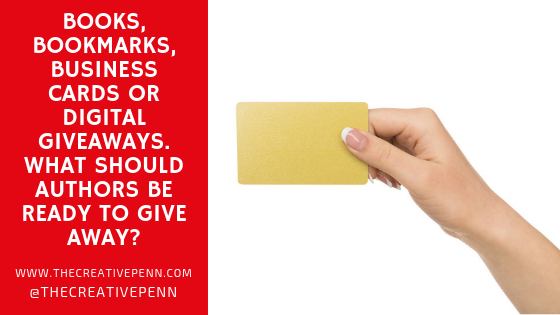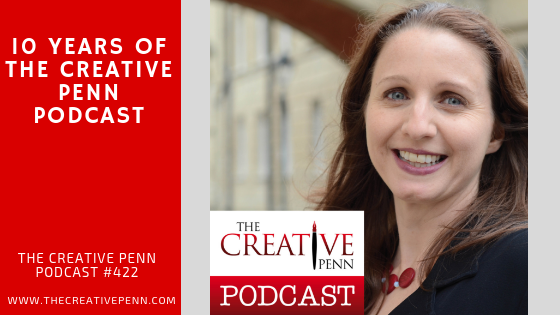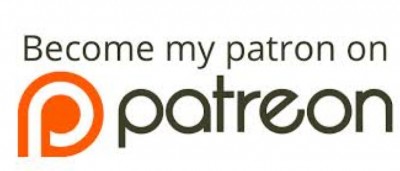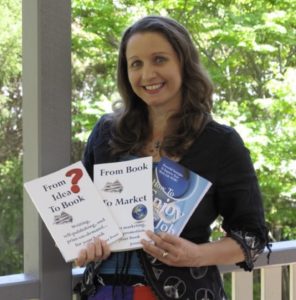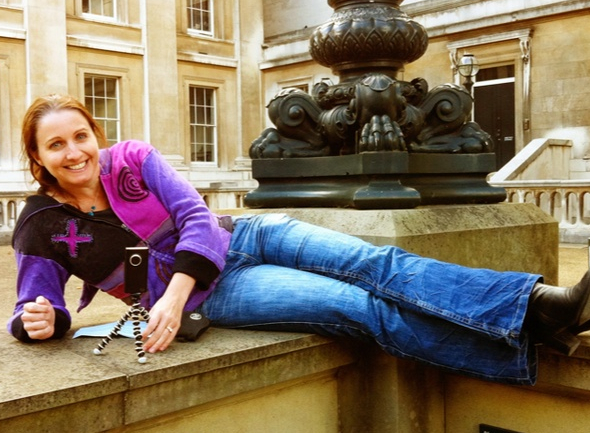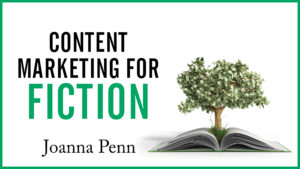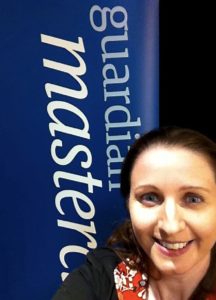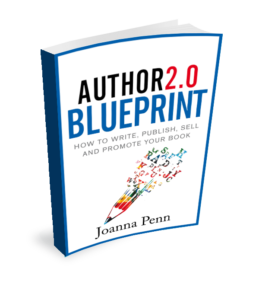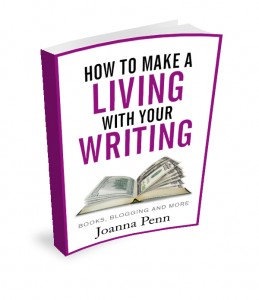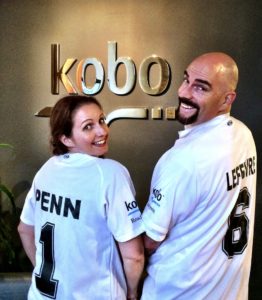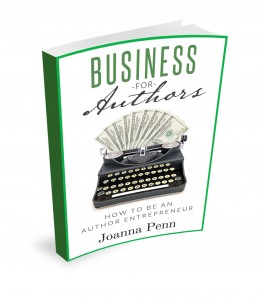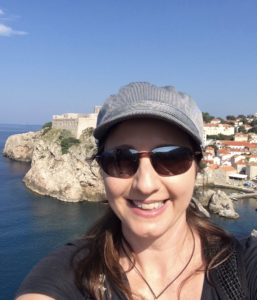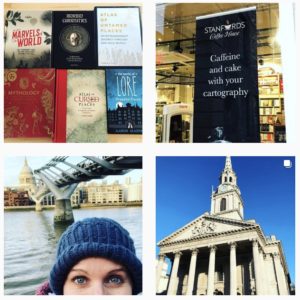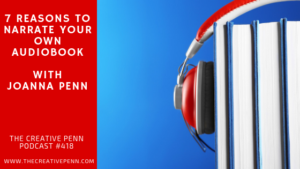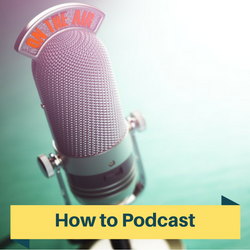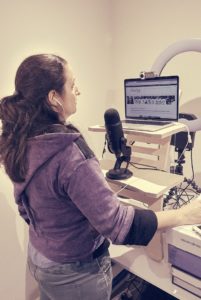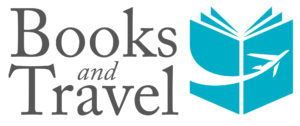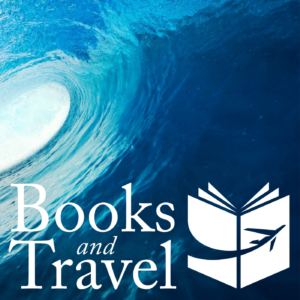Book Marketing: Voice Search For Authors With Miral Sattar
How do people find your book when they search by asking devices with their voice, not by typing? By 2020, 50% of all searches across the internet will be voice-based, and 30% of all searches will be done without a screen. [QuoraCreative].
 Voice search is happening now, and in today’s show, I talk to Miral Sattar about how you can optimize your book for better discovery.
Voice search is happening now, and in today’s show, I talk to Miral Sattar about how you can optimize your book for better discovery.
In the intro, I mention the Amazon SMB Impact Report and how much money is going to independent authors, as well as how much investment is going into Alexa. [Business Wire] Plus, all the ways you can Build Your Business on Amazon, which includes publishing on KDP.
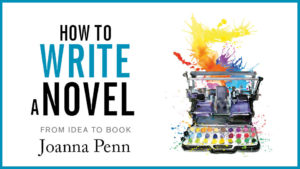 Today’s show is sponsored by my own courses for authors, including How to Write a Novel, How to Write Non-Fiction, Productivity for Authors, and Content Marketing for Fiction. If you want to take your learning to the next level, go to www.TheCreativePenn.com/learn to find out more.
Today’s show is sponsored by my own courses for authors, including How to Write a Novel, How to Write Non-Fiction, Productivity for Authors, and Content Marketing for Fiction. If you want to take your learning to the next level, go to www.TheCreativePenn.com/learn to find out more.
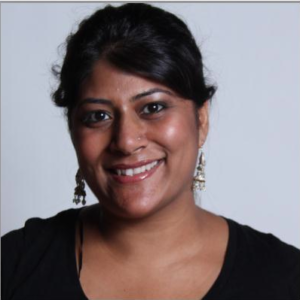 Miral Sattar is the CEO of Bibliocrunch and the creator of Barely Bear, a smart speaker within a cuddly toy. With a background in software development and several years developing digital initiatives at Time Magazine, Miral is perfectly placed to talk about voice search for authors today.
Miral Sattar is the CEO of Bibliocrunch and the creator of Barely Bear, a smart speaker within a cuddly toy. With a background in software development and several years developing digital initiatives at Time Magazine, Miral is perfectly placed to talk about voice search for authors today.
Check out Miral’s course on Voice Search here. You can get 50% off if you use promo code: THECREATIVEPENN at checkout.
You can listen above or on iTunes or your favorite podcast app or watch the video here, read the notes and links below. Here are the highlights and full transcript below.
Show Notes
- What voice search is and why it matters
- On the penetration of voice search in different markets
- The importance of a featured snippet for your website
- Optimizing search results for things other than your name
- Keyword tools to use to work with natural language search
- The increasing importance of publishing wide because of voice search
- On rewriting fairy tales for the modern age
- Barley Bear, a cuddly toy that will tell your child a story
You can find Miral Sattar at LearnSelfPublishingFast.com and on Twitter @miralsattar
Transcript of Interview with Miral Sattar
Joanna: Hi, everyone. I’m Joanna Penn from TheCreativePenn.com. And today, I’m here with Miral Sattar. Hi, Miral.
Miral: Hi, Joanna, how are you?
Joanna: I’m great. It’s good to have you on the show. Just a little introduction.
Miral is the CEO of Bibliocrunch and the creator of Barely Bear, a smart speaker within a cuddly toy. With a background in software development and several years developing digital initiatives at “Time Magazine,” Miral is perfectly placed to talk about voice search for authors today, which is just a super topic.
What is voice search, because some people might not know, and why is it increasingly important?
Miral: Voice search is speech recognition technology. It’s based on a natural language called natural language processing.
The way it works is instead of typing in your commands, like typing in 40 words, you can actually say 150 words and get the results that you want. Siri works with voice search. Amazon’s Alexa works with voice search. Microsoft Cortana, Google Home pod, they all work with voice search.
Joanna: Many listeners, I presume, will be using voice search in some way.
Give us some examples of how it’s different with voice search to typing.
Miral: Let’s say if you’re looking for a book, if you type it in on a browser, you would type in nonfiction 2018, whatever period that you’re looking for.
But if you’re actually talking through your phone, you would say, ‘Hey, I’m looking for a book from the historical period of the 1500s, romance…’ That’s kind of what the main difference is. It’s based on longtail phrases and questions.
It’s basically like asking you a question versus just typing in two or three keywords.
And with authors and with people who are optimizing for voice search, you have to get into the mind of, ‘Hey, who’s looking for my content? What kind of questions would they ask somebody else, and what type of things would it return?’
Right now, Amazon, we’re so used to just optimizing just keywords and keyword phrases. But with voice search and natural language processing, you have to kind of think about, let’s say, I’m looking for Michelle Obama’s ‘Becoming’ book.
Say, ‘Hey, Siri, can I buy Michelle Obama’s ‘Becoming’ book?’ Or if I’m looking for a guide to New York City, I would say, ‘Hey, Siri,’ or, ‘Hey, Alexa, what is a great guide about New York around me?’
So you have to think about phrases and actual longtail keywords versus just like the 6 to 10 keywords that were used to putting in.
Joanna: Which is such a big mindset shift for some of us. We’re a similar age, not being kids with the internet, but getting the internet and then developing our search for this typing market.
I find it difficult to use voice search myself because I’m so fast with typing it. It actually feels longer for me to formulate a question.
Miral: Also, Alexa can be pretty frustrating sometimes. I think I saw a study that said Alexa returns what the book’s about 30% correctly, and that’s a big deal. Publishers and authors are losing a lot of opportunities because of the poor search functions.
So if I went and said, ‘Hey, Siri,…’ I hope it doesn’t launch right now. ‘Hey, Siri, who’s Joanna Penn?’ It’s going to launch your website, but then it’s going to show me your snippet that you put on your website. So it’ll tell me exactly who you are.
Joanna: I was at London Book Fair recently, and a report came out from Score Publishing, and Bradley has been on the show as well. It says ‘New York Times’ bestselling authors and their publishers stand to lose as much as $17 million this year in book sales because of poor voice assistant search recognition. So that backs up exactly what you’re saying there.
Can you give us an overview? You’ve mentioned some of the main assistance like Siri, and Alexa, and everything.
What is the penetration like? Are we talking only rich people in America have these devices?
Miral: No. Actually, for voice search, a report came out by Adobe, about 50% of users by 2020 will be using voice search. So, that’s half the world, and this is not just the United States. This is like half the people in the world who have access.
And depending on the country that you’re in, the mobile adoption is different. Like in China, it’s completely different than it is in the U.S. because we’re app-based. We first started out with desktops. But I was reading a report on China, they started out with mobile only. It’s not mobile first, they’re mobile only, so a lot of the voice prompts are voice prompt first.
So, 50% adoption in the world, which I think is a pretty, pretty incredible number. And a lot of these results that you get are not optimized. They’re not optimal.
If I didn’t know the rules about how to get my book on Audible…before I had connected my Alexa to my Audible account, I said, ‘Hey, Alexa, find me Michelle Obama’s ‘Becoming.” And she said, ‘I can’t find that book right now,’ which is a little ridiculous because it’s the number one bestseller on our Amazon and nonfiction in the United States.
But I went through the Amazon page, I figured out how to connect it, and then it said, ‘Oh, Michelle Obama’s ‘Becoming,’ it’s not in your library. Would you like to purchase it?’ But you have to get the exact prompt right and say, ‘Alexa read, ‘Becoming’ by Michelle Obama. And the phrases have to match exactly; it’s the title and the author.
Joanna: I think this is important, I feel like we’re early on. It is frustrating to use these voice assistants. As you say, you always try something, and then you have to try something else. But let’s not forget that most of us do that with typing as well. We type something into Google, and it doesn’t quite return what we want, so we type something else.
I guess what we’re saying is, most things are not optimized right now for voice search because we’ve just spent 20 years optimizing for typing.
Would you say that some of these issues will resolve over time as more and more people are using it?
Miral: I think the speakers will get smarter. And I originally used to call them smart speakers, but then I realized nobody understood what I was talking about. I was actually talking about smart speakers, and someone was like, ‘You mean people who are really good at speaking?’ And I said, ‘No, smart speakers like Google Home, Amazon’s Alexa…’
Joanna: It’s the Echo, isn’t it? Because Alexa the assistant but the Echo is the…
Miral: Yeah. Amazon Echo, but the natural term is called Amazon’s Alexa. And even though it’s Echo Dot, and the different types of Echo devices that they have, that is actually a smart speaker. Yes, you’re right.
So then I started calling them Amazon’s Alexa and Apple’s Siri voice assistants, so those are the assistants. Cortana, Alexa, Siri are the name of the assistants for the devices that they actually belong to.
Joanna: We mentioned the developing markets there. And what I find interesting is that the Android devices are much more used in other markets because of the price point. Amazon did have a phone briefly, but then got rid of it.
So realistically, if we’re talking that search is on mobile, we’re talking Android devices, Apple devices, and then other Microsoft devices. Which I think is what’s interesting because, at the moment, it just feels like Amazon’s Alexa is everywhere.
But actually, they don’t have the mobile penetration through things like Google.
Do you feel like the Google Home pod or the Google search through the phone has a stronger marketplace elsewhere where Amazon is not so dominant?
Miral: Amazon has the largest market share. It has about 41% market share for speakers in the United States and 31% globally. But if you look at Google, they’ve grown over 400% over the last 5 years. So they’re actually the fastest growing.
On their Google support forums, they actually have guides for these are the optimizations and that they’re going to be using things like the featured snippet that you have on your homepage to actually return results through voice search.
Because a fundamental difference between web browser’s search, mobile search, and searching through a smart speaker is if you type of query on a web page, if you’re a top 10 result, you’re in good shape. But if you’re a number nine and you’re searching mobilely, then you don’t make it to the front page of a mobile device.
Maybe you make it…maybe if it’s a longer screen, you’re like the fourth result. But for a smart speaker, if you’re not the first result, then you’re kind of nowhere. You have to keep on saying, ‘Next.’
Joanna: It’s interesting because my husband has an Apple Watch, and there’s only room on that tiny screen for a few lines. So, there’s not even a first page. It’s like there’s only one thing, which is kind of crazy.
You’ve mentioned the featured snippet. Let’s get into that because all the authors listening and going, ‘Okay, so how do people find my book? How am I going to do a snippet?’
What is a featured snippet, and how can we do that?
Miral: If you go to the Google support page, it’s based on your meta description on how you set your meta description on each page.
Joanna: Of your website, that you wrote?
Miral: Yeah, on your website. Let’s say if you go to TheCreativePenn.com, your featured snippet says, and I pulled it as an example, ‘I’m Joanna Penn, award-nominated ‘New York Times’ and ‘USA’ bestselling author…’
Joanna: Yay, me.
Miral: Yeah. ‘And award-winning creative entrepreneur.’ But then I googled another well-known person, and their snippet was,’I had a chance to catch up with the blog’s founder,’ I’ll leave his name out, ‘and took the opportunity to find out what he’s been up to.’ So it’s not actually about his main blog, it’s just the beginning of the post.
What a lot of authors do is when you need to SEO optimize your whole blog, you need to individually come up with a description for each blog post on your blog, especially your homepage, and just summarize to see if you can condense it into one sentence on what your blog is about because that’s what’s going to show up on your smartphone.
If I say, ‘Hey, Siri, tell me about Joanna Penn…’ I’ll actually do that right now. I’ll say, ‘Hey Siri, who’s Joanna Penn?’
Siri: Okay, I found this on the web for, ‘Who is Joanna Penn?’ Take a look.
Miral: Okay, so you are the top result.
Joanna: Yay.
Miral: And then the snippet shows, ‘Joanna Penn is an award-nominated ‘New York Times’ and ‘USA Today’ bestseller.’ So, you basically have like 10 sentences.
So you want to make sure everything is condensed in your meta description that you set on your homepage, and you can do that through an SEO plugin. If you’re doing a blog post or you writing about a specific topic, you can actually set that.
It’s just basically one sentence, condense it as much as possible, and set it on every blog post that you write, or at least on all the main pages, or your homepage because the homepage for most authors are what shows up in search results because they probably are the most traffic pages, or their book’s page.
A lot of authors have the list of their books on their web pages. So an example of a good meta description would be all of Joanna Penn’s books, and then list out the most popular one. So if someone is searching through mobile, then they kind of get that idea to give them an idea of who you are, and it’s correct.
Joanna: First of all, just for listeners, if people use WordPress, then the Yoast plugin has this metadata snippet thing. So, that’s one plugin.
And you’ve just reminded me to update my older pages because you’re right, these older pages, like my book’s page, I probably haven’t updated that snippet for 10 years. I probably do need to update that. So people listening who have an older blog, update those most common pages.
But then the other thing is that, if people are looking for me and they know my name, then searching for my name means they get me. But that’s not what most of my traffic is.
For example, on The Creative Penn a common search is, ‘How do I self-publish a book?’ So let’s go to that kind of search, or fiction authors, it might be, like you said at the beginning, ‘What is a historical romance set in the Regency period?’
How do we optimize for those questions so that we can be found when people don’t know who we are?
Miral: When people don’t know who we are? How do we optimize? What I found really helpful just for SEO purposes, browser SEO, is having an FAQ page, which lists out all the common queries that someone would ask and then share it.
Let’s say you don’t know who you are, but you still want traffic. The way SEO works is, first, you have to have good web rank. You have to have a good rank, you have to be mobile optimized, and you have to have fast page speed. And there’s tools that you can use to actually test those things. So those are the basics.
If the web is finding that you’re not loading fast, you’re not mobile optimized, you’re going to be further, further, further down. So those are the basic things that you need to fix first, right, is first you need to SEO optimize your basic web page.
And then once you’ve mastered that, and let’s say you’re searching for historical…let me see an example, a history of partition in South Asia, right? If you’re searching for that type of book, I would probably put in the meta description exactly a summary of that in addition to the keywords.
The keywords actually help the discovery in Amazon and Google, but the actual sentence that summarizes it will be in your meta description. So you want to make clear that that’s what the browser sees and that’s when people returning your search results see.
You should already have a higher ranking, but then you want to be able to also translate those keywords. And then there’s tools that we can use and come up with phrases based on the keywords that you use for your book. I’m just going to use this. Don’t hate me for using this, vampire fiction.
Joanna: No, we love vampire fiction around here.
Miral: ‘What is the best vampire fiction novel?’ And it will probably say…
Joanna: ‘Twilight.’
Miral: On your actual page, you would put in the different keywords. But then based on the different keywords, you should come up with phrases on your FAQ page to guide the reader, and also, in that little snippet that you have, what your book is about in a query form.
What is the best vampire fiction today?’ And then that’s probably what a person is going to search for when they’re looking for vampire fiction. And then there’s different tools. I actually have a list of them that you can use to actually work on your natural language search.
There is Keywords Everywhere, which I really love, and then there is the Google Keyword Planner, which shows you the most popular, and I’m sure authors use that frequently.
The Moz mobile checker, what you could do is you could look at your competition and see who’s linking to them and what keywords are being used by them and then just kind of adopt them to your own.
Joanna: And, of course, our friend Dave Chesson at KDP Rocket would be the other one.
I’m going to summarize what you’re saying because I know for some people, this might be a little bit technical. But actually, if you control your own website, this is not that difficult.
So I got from you there that I should go to each of my books, each of my book pages, and go to my snippet in my metadata and update that per book page to try and respond to people’s search. Now I haven’t done that. I don’t even know if I’ve done the SEO on my book pages on my website, so I’ve got two actions so far out of this, which is fantastic.
I think that a lot of authors listening are going to go, ‘Okay, yeah, fair enough. But most people are not actually buying books on my website. They are buying books from Amazon, Kobo, Apple Books. They’re buying an audiobook from Audible, or Findaway, or wherever, one of the many places you can buy books. So, we have no control over the metadata on those sites.’
So are there any ways that we can upload our descriptions and our keywords.
How can we optimize or help people find our books on these other platforms?
Miral: That’s where content marketing comes in and promotional images. I’m sure a lot of listeners are familiar with the Stephen King library, and the Stephen King library is now available on Alexa, on the Echo devices, and it’s also available on Google.
But my parents have a Google Home device, and my brother has a Google Home device, and we have Alexa Dot in our home. So when I was trying to search for it, I said, ‘Hey, Alexa, I’d like to listen to Stephen King.’ And it said, ‘I don’t know. I can’t find what you’re looking for.’ And then I said, ‘How could that be? That’s kind of strange.’
And I said maybe it’s not available yet. And then when I went home to visit my parents, I said, ‘Hey, Google, I’d like to listen Stephen King,’ and it didn’t really understand my prompt. And then finally, I googled, and I said, ‘How do I access the Stephen King library?’
And then the publisher, they created images that exactly tell you what the exact prompt should be. And if you don’t use the exact prompt, it’s not going to understand what you’re saying, and the speaker won’t understand how to get the book. So the exact prompt for Alexa, if you have an Alexa device is, ‘Alexa, open Stephen King library.’ That’s it.
Joanna: Everyone, Stephen King is now open.
Miral: Yeah. Then you hear his voice, and he’s telling you about his collection. I was like, ‘Oh, yes, I got it. This is awesome.’ And then the same thing with Google Home, it’s like, ‘Hey, Google, open Stephen King library.’
But on the publisher web page and all the blog posts about it, they actually have an image design that just displays that text that says, ‘Open the Stephen King library.’ They have a full page dedicated just on how to access it.
It’s mostly educating readers on how to get your book. The complicated thing about Amazon is that it won’t actually search Audible books unless you’ve actually connected Audible to your actual device.
And Google Home doesn’t let you purchase devices from Google Home. You have to upload them to Google Play, purchase them on Google Play, and then ask Google to read that book that’s on there. But they’re improving it. And pretty soon, I’m pretty sure the feature’s going to come with the ability to purchase.
For Amazon Alexa, they’ve integrated music purchasing. My daughter accidentally purchased songs, and then I realized I should actually put the children controls on there so she can’t purchase any other things. It’s like, ‘Hey, Zara, do you want to purchase Amazon music to listen to Mother Goose rhymes?’ And she said, ‘Yes,’ and I was like, ‘What are these charges that just showed up?’
So the Alexa and Amazon Echo devices have integrated Alexa voice assistant for purchasing, so it’s a matter of educating your readers how to exactly do it. And the first thing is having an audiobook because they will find audiobooks.
Then they will find audiobooks that are in the Kindle store that are borrowed from the Kindle owners lending library if you’re part of Kindle Unlimited, or if you have Prime Reading, then you have access to those audiobooks. And also, if you have another family member who has the audiobook, I can access it as well.
So it’s just making sure that your audiobook is uploaded to Audible through the various platforms or through iBooks. So actually, I did a test, and I said, ‘Hey, Siri, on my iPhone, find me Joanna Penn’s books.’
Siri: These books by Joanna Penn’s are available on Apple Books.
Miral: And then it launches iBooks, and it shows me all the books that you’ve published. And it has all your nonfiction books because I think all your nonfiction is published under Joanna Penn, and all your fiction is published under J.F. Penn.
But I noticed a couple of days ago when they updated the Kindle app, they actually had a little message in there that said, ‘In coming weeks, you’ll see a Siri shortcut to open your most recently read Amazon Kindle book.’ So they are going to have the ability to teach users how to launch your book from Kindle.
Joanna: There’s a few things here. First of all, you are searching on an Apple device, and it opened Apple Books, which makes sense, because they want to keep you in the Apple ecosystem.
And you can’t actually buy books on the Kindle app or the Audible app on an iPhone. It says you can only get samples, because they don’t want the in-app purchase thing to happen. So I’m wide with my books. I published my books wide for e-book and audiobook. So this is another thing for people to consider, I think.
If you’re in KDP Select, you’re only going to come up if you’re searching through, say, an Alexa, or if you use one of those other shortcuts. Whereas if you’re on Google Play, and this is why I think Google Play is increasingly important because of the Android devices and because their phones are cheaper, that’s going to give better penetration over time.
Plus, we’ve just seen, as you and I speak, Apple has just launched a credit card, which, I’m just like, ‘What the hell.’ And that, to me, is something that dents their image.
Miral: We need more credit cards, don’t we?
Joanna: What? What are they doing? Why are they becoming a finance company? I’ve been an Apple person for like 10 years, and that is kind of difficult. But I know people who’ve left that ecosystem and also left the Amazon ecosystem because of a protest against the domination of these companies.
It is really interesting what’s happening.
I guess that’s my plea for wide publishing because if you’re not on all the platforms, then you’ll only be searchable through certain assistants.
Miral: You should have an audiobook if you want to be accessible through voice search because if you’re doing voice search, you probably want to listen to the book and you probably want to purchase the book that you’d like to listen to.
And also, an interesting fact: I went to a podcast conference a couple of weeks ago, and podcasts are kind of competing, and just telling good stories and sharing good stories are competing against the Hulus, and they’re competing against the Netflix because it’s a form of entertainment.
It’s much quicker to actually listen to a book than to actually sit there and read it. You can do it on your commute. You can do it on your train.
I see people listening. Sometimes I see them with their audio device, their Audible app, so you could see the thing working on the train. And it’s nice because, in our trains, we don’t have Wi-Fi so you kind of need an offline experience.
You are seeing the growth of audio as entertainment. And a lot of publishers are putting certain types of contents on podcasts, the ‘Good Night Stories for Rebel Girls’ they put a lot of their audiobooks on podcasts.
We listen to them, and we love them. And it’s kind of like listening to a show, and authors also have the unique opportunity of kind of providing that same experience. So, that’s why it’s really important to have an audiobook. And there’s different places, I think, to get it.
You could do ACX, you could do Findaway Voices. Findaway Voices actually uploads it to all the platforms. But similar to other other places like Smashwords and Jump Digital, they do take a cut on top of that.
If you do an audiobook, you should have it everywhere. You should have it in iBooks, you should have it on Amazon, in Kindle Unlimited. If you want it to be prioritized in Alexa, you can also have it uploaded to Google Play. So you kind of want to maximize the different places where you upload your books.
Joanna: Yeah, just to be clear, if you’re in Kindle Unlimited or…
Miral: KDP Select.
Joanna: …KDP Select, yeah, you can’t be everywhere, and I’m going to do a completely separate podcast on going wide. You can be in KDP Select for your e-book and go wide with your audiobook. So yeah, there’s nothing stopping people doing that.
If people want to be in Select for e-book, completely fine, but why not go wide for audio, especially this I think this is a growth area. All the statistics show that it is.
It’s interesting you mentioned podcasts there. Obviously, I now have two podcasts, and my main way of making a podcast findable is using transcripts because they are natural language, and they are us speaking.
Do you think that having a transcript as opposed to just bullet point show notes would make that more findable?
Miral: I think transcripts are really good for SEO, so it would make it more findable on the web. Plus, there’s a lot of new podcast companies evolving, or they’ve also launched like there’s a couple that have just gotten $100 million in funding to make podcasts more searchable.
Because the iPhone, Apple, has the largest podcast network but they don’t really focus on discovery, and I think they have one engineer dedicated to their whole podcast section.
There are other companies who are leveraging the podcast success. And if you think about it, a podcast is an iPodcast, right? They came up with the idea, but I don’t know if they’re going to do that much with it. They haven’t really invested so other companies are actually doing it, and they are scraping data from podcasts and podcast notes, so a transcript definitely helps.
Joanna: At the moment, as you say, audio is not searchable, like just plain audio is not searchable so you have to have some searchable way of doing it. But this to me feeds into the AI discussion because, over time, they will find some way to take our real-time voices, create whatever they create, and then make it searchable. I’m pretty sure it will come, but not right now.
Let’s talk about your Barely Bear, which I’ve seen when we met in Philadelphia, which is a smart speaker in a cuddly toy. So because you have young kids, so what is it?
Why do parents like audio and voice search?
Miral: I read a report a long time ago. I like audio because it’s a way to help kids learn and also improve their listening skills without staring at a screen. We minimize screens because…I mean, other people have different types of children. But my kids, when they’ve been on an airplane, and we let them use screens on the airplane, and the minute we take it away from them, they get very aggressive and they become hostile.
But there is actually a study that I read that did say that, for a lot of kids, the side effect is it’s like crack. And once you take it away from them, they get like really aggressive. And I was like, ‘Wow, that’s just like my kids.’
We don’t really let them watch TV because they’re still young, and they’re Montessori kids. And they’re all about like physical experience, and improving your listening skills, and learning through manipulatives, and hands.
At nighttime when my children, like most children…my children are three and five-and-a-half. One would come out and be like, ‘I’m hungry,’ and the other one would be like, ‘I need water,’ and like, ‘I have to go to the bathroom.’ I was like, ‘You just went. But if you want, go again.’
So then what I did is I actually got this little cheap speaker, and I said, ‘Okay, you can listen to the Nutcracker, but you can only listen if you stay in your room.’
And then for my son, I said, ‘You can listen, but you can only listen to this music while you’re in your crib.’ And then at one point, I found that they were hugging the speaker, and I felt really, really sad.
I said, ‘Okay, maybe we should have something a little bit more loving and engaging.’ So that’s where the idea of Barely Bear came from. And then while we’re looking for stories, and they don’t like the traditional stories like ‘Thumbelina’ or the traditional princess stories because they’re all about saving a princess, and there’s always some part that’s been edited. I think the original ‘Sleeping Beauty’ story, she woke up with child, which is a little insane.
Joanna: Those Grimm stories are pretty grim, to be honest, the original ones.
Miral: I was like, ‘Wow. I don’t want my daughter listening to these.’ So we rewrote a bunch and we updated them for modern time so you can actually listen to stories through the little Barely Bear.
Joanna: Which is just awesome. And what’s so interesting, your kids were cuddling the speaker. And that’s fascinating because I think it’s partly this kind of comfort of listening.
I was reflecting that I remember listening to ‘Peter and the Wolf,’ the Prokofiev version with the classical music when I was young, and I guess it would have been on tape because it was all on tape back then, wasn’t it? But you have an emotional connection to the story, and they were cuddling it, which is awesome.
What’s happening with Barely Bear? Are you selling it? Are you licensing it? What’s going on?
Miral: We’re kicking it off the Kickstarter next month, actually, on barelybear.com, so stay tuned.
Joanna: That’s fantastic because you’re an entrepreneur, and you’ve started lots of companies, and you run your own companies and this is brilliant stuff. And, of course, then you will have the content for it as well. And this is the way it’s going, which I think it’s fantastic.
You and I, being a bit older…I mean, I’m not that old, in our 40s, how we use voice is different.
How do your kids talk to the speaker? How is their use of voice search different to ours?
Miral: Well, they’ve never done a Google search, or they’ve never done a mobile search. So my daughter will say, ‘Alexa, play Mother Goose songs,’ and then I kind of saw that translating into…it’s very command based.
I think there’s a skill that you can turn on an Alexa called ‘polite mode.’ So now she has to say, ‘Alexa, please play Mother Goose songs,’ and then she has to say thank you.
They’re growing up where command prompts are the way to get access to what they need when they’re listening to things. And I know friends who have smart TVs, and the kids just say, ‘Open Netflix,’ and you can open Netflix.
My kids are growing up in a totally different way. When I was growing up, that’s when we introduced dial-up modems.
Joanna: Remember them?
Miral: And then when the speed doubled to 2,400, we thought it was like the most exciting thing ever. I was like, ‘Wow, the speed doubled.’
They’re kind of growing up in a completely on-demand economy, which, there’s positives and there are negatives, but they’re going to be trained in voice search. The more the AI improves, the more input they get, then the more it’s going to improve. So, it’s good.
But I prefer smart speakers because…and a lot of parents I know prefer smart speakers because of the whole listening thing. It makes car rides more bearable. They can listen to a story instead of just watching a screen.
Joanna: You just kind of sparked something there. You said they’re used to asking for what they need and, I mean, that’s the same when we go looking for a book. So maybe some people say, ‘What’s the best vampire novel this week?’ or something.
But someone else might say, ‘I’m feeling really depressed with the state of politics. Tell me a book that will make me happy and escape from my life for a bit.’ That need is what we meet with fiction, I think.
Or they might go with a question, you know, ‘I’ve got a rash on my stomach, tell me what that is.’ That need to fix something.
I think this is probably the big message for everyone listening is this is the way search is going, but you need to be putting yourself in the head of the person searching, which is pretty…and like you’ve been showing us testing it, I love that you’ve been sharing with me, obviously.
And that’s the thing, people listening, just give it a go and see what you say and what comes up. That’s probably the best thing.
You have an awesome course on how authors can do voice search and lots of other things.
Tell us, where can people find you, what’s in the course, and where is everything you do online?
Miral: You can find me on Learn Self-Publishing Fast, and we have a bunch of courses. And our newest course is our voice search optimization course and how to leverage Amazon’s Alexa, Google Home pod to actually sell books.
So it’s Learn Self-Publishing Fast, we have step-by-step videos, and then we have training exercises and materials to help you do the optimizations.
And then for everyone who’s listening, we’ll also give you access to our full SEO course, and our Amazon keywords course, as well, which are video courses. But we also have the training packets as well that go along with those courses.
Joanna: So that’s learnselfpublishingfast.com?
Miral: Yes, yeah.
Joanna: There we go. Fantastic. And if anyone has any questions, they can find you there?
Miral: Yes.
Joanna: Brilliant. Well, thanks so much for your time, Miral. That was great.
Miral: Thank you.
Podcast: Play in new window | Download

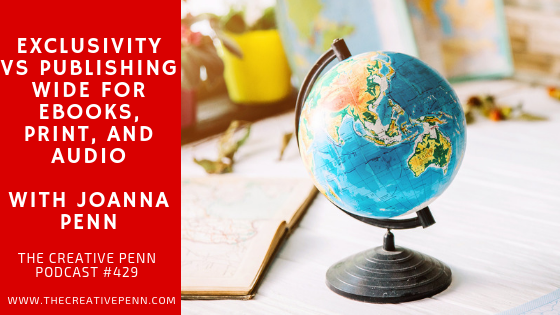 In the introduction,
In the introduction, 
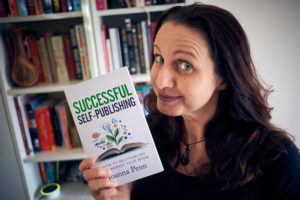
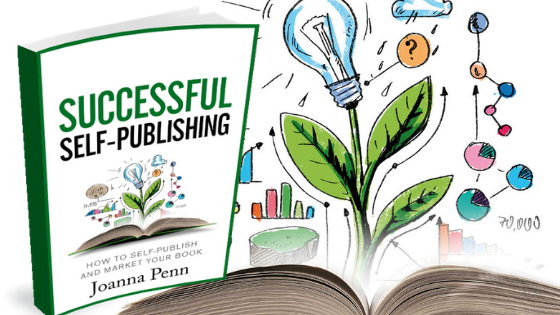
 Amazon is the only platform that has an exclusive ebook program meaning that you cannot publish your book to other sites like Google Play, Kobo, Apple Books, or to library digital eco-systems, or even sell direct from your own site. Readers have to be within the Amazon eco-system to read your book.
Amazon is the only platform that has an exclusive ebook program meaning that you cannot publish your book to other sites like Google Play, Kobo, Apple Books, or to library digital eco-systems, or even sell direct from your own site. Readers have to be within the Amazon eco-system to read your book.
 I have a personal example of this loss of control that shapes my own need for independence. In early 2008, I was laid off along with four hundred other people in one day from my corporate IT department in Australia. My one source of income disappeared overnight. Few people saw the Global Financial Crisis coming, and we all had to adapt.
I have a personal example of this loss of control that shapes my own need for independence. In early 2008, I was laid off along with four hundred other people in one day from my corporate IT department in Australia. My one source of income disappeared overnight. Few people saw the Global Financial Crisis coming, and we all had to adapt.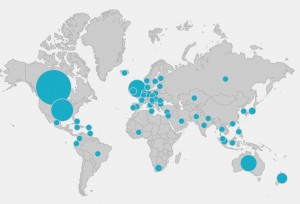
 I understand why so many authors choose to stay exclusive with Amazon. It’s easier to manage, easier to report and for some authors, it’s a lot more profitable. But it’s also short-term thinking, focused on sales today or this month.
I understand why so many authors choose to stay exclusive with Amazon. It’s easier to manage, easier to report and for some authors, it’s a lot more profitable. But it’s also short-term thinking, focused on sales today or this month.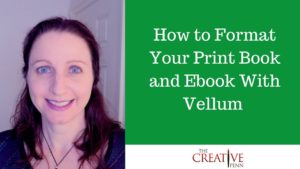
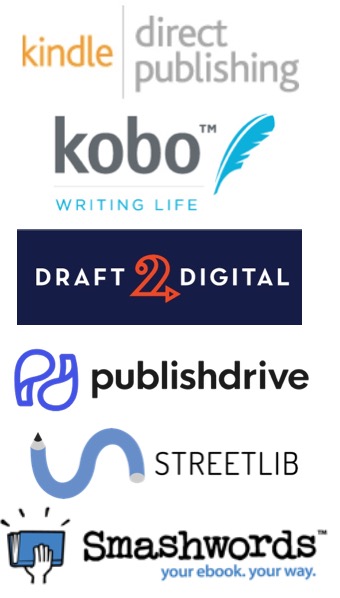 I also use aggregator services:
I also use aggregator services: 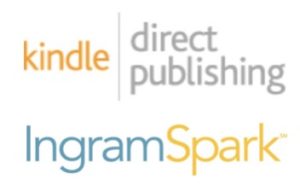 I use
I use 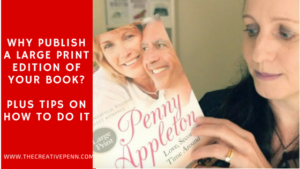
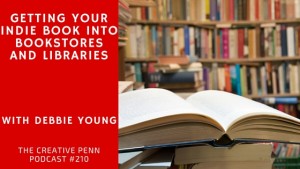
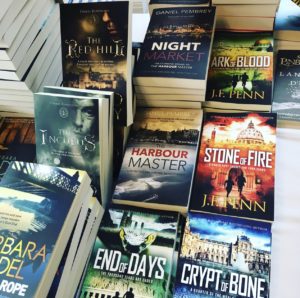
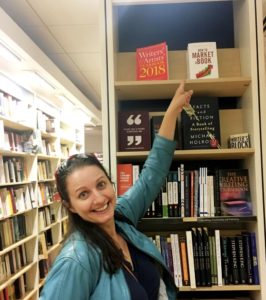
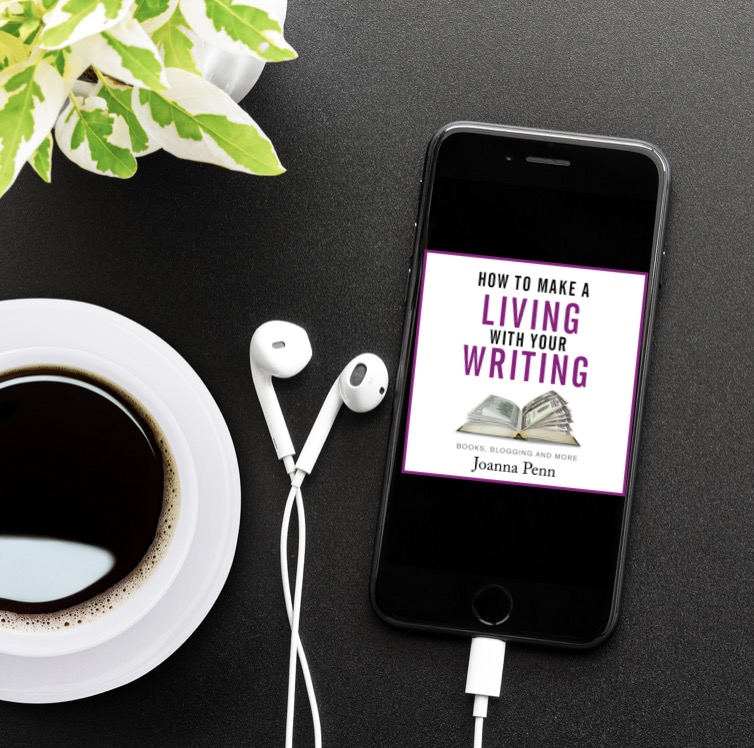

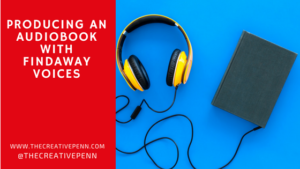
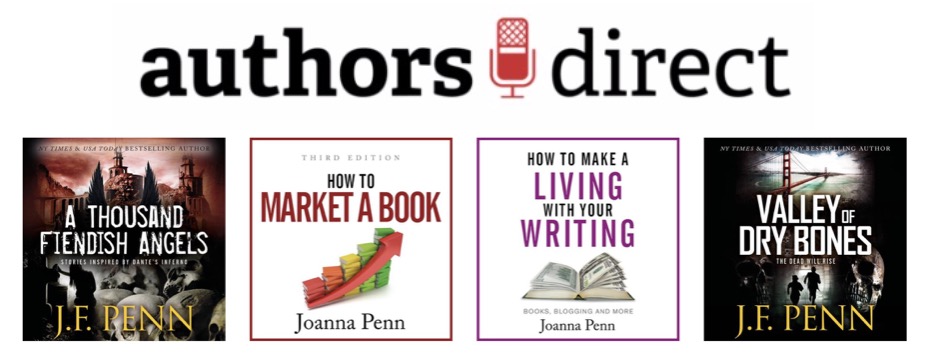
 Anything on the internet is (mostly) accessible across the world. This website has traffic from over 200 countries and
Anything on the internet is (mostly) accessible across the world. This website has traffic from over 200 countries and 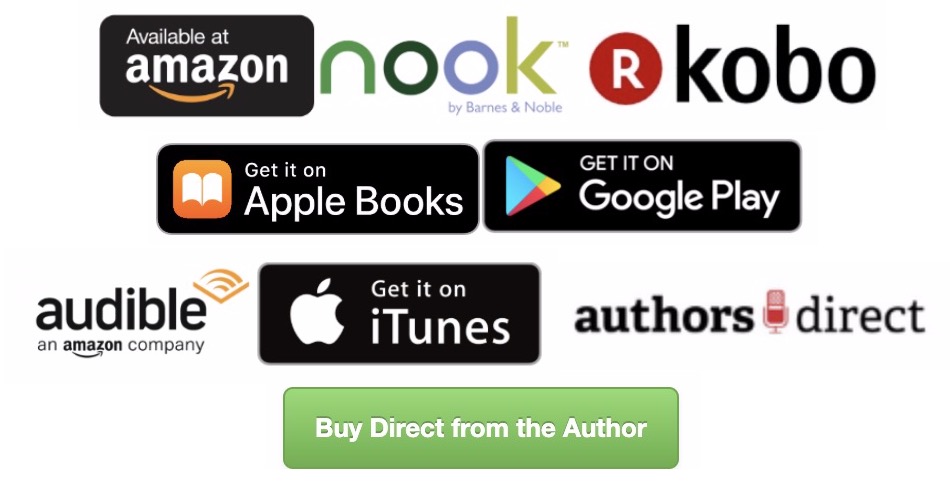
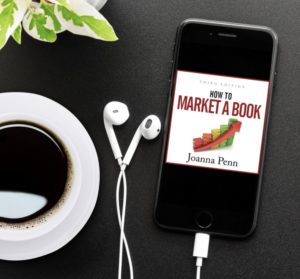

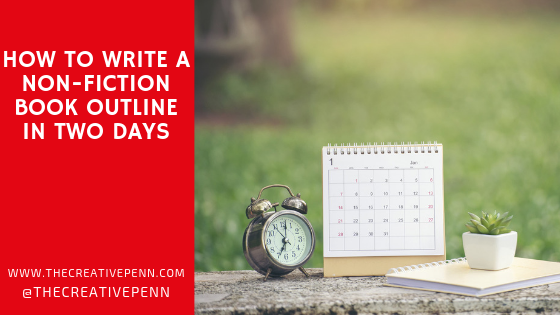
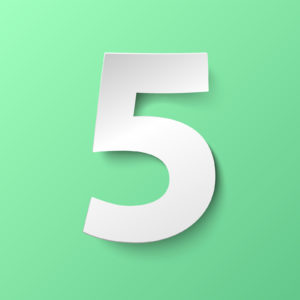



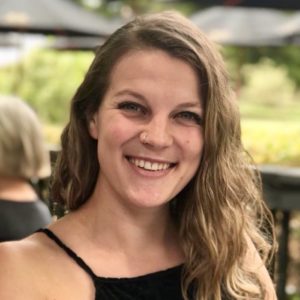

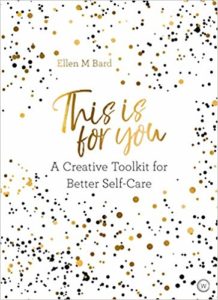
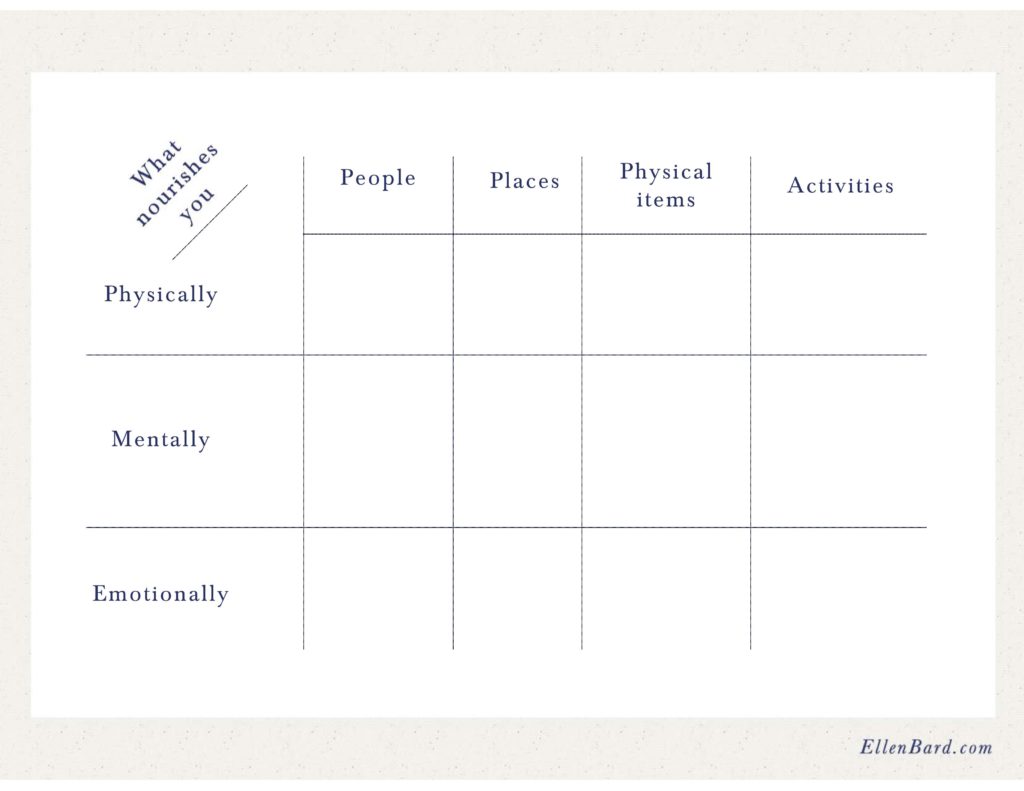
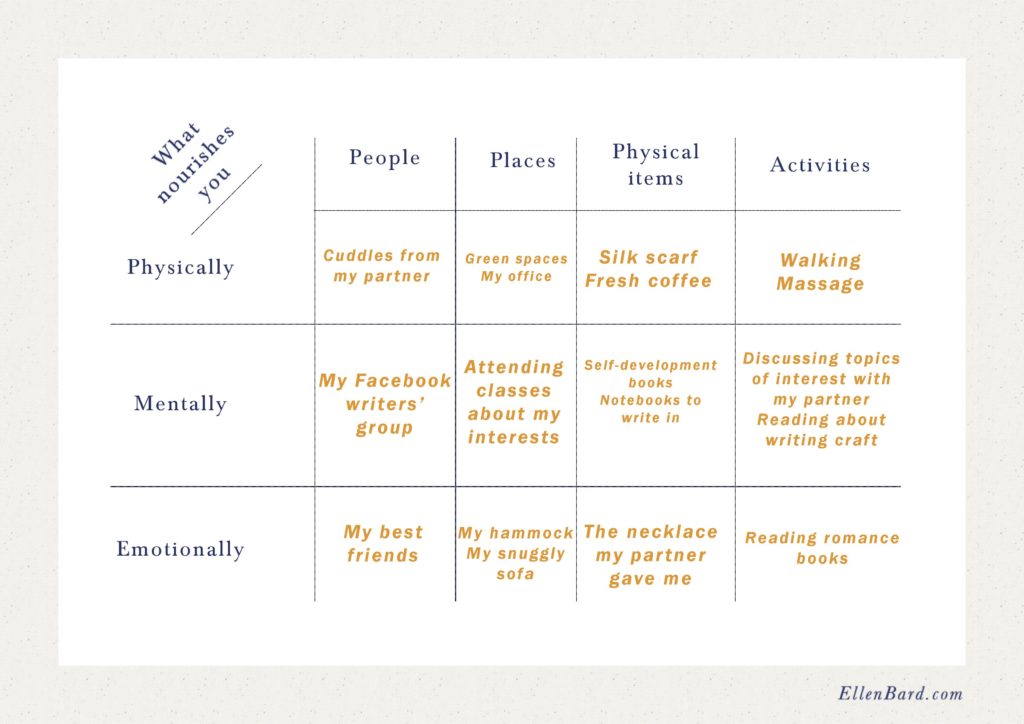
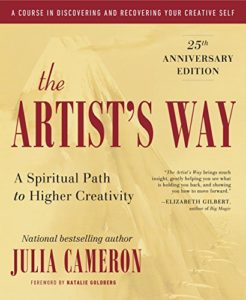
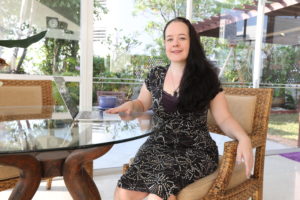
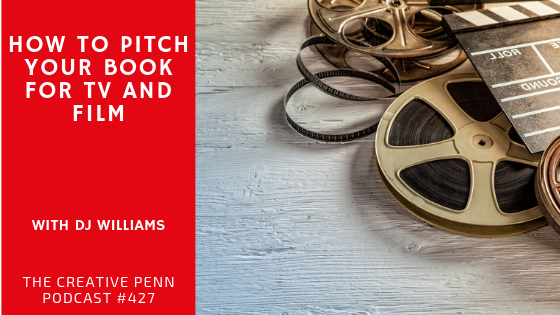
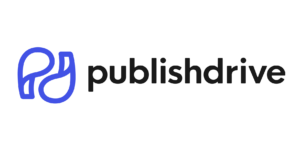
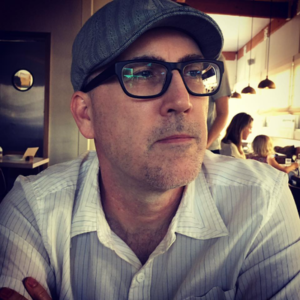
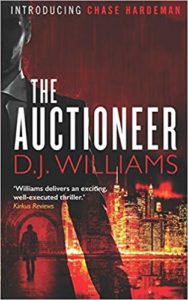
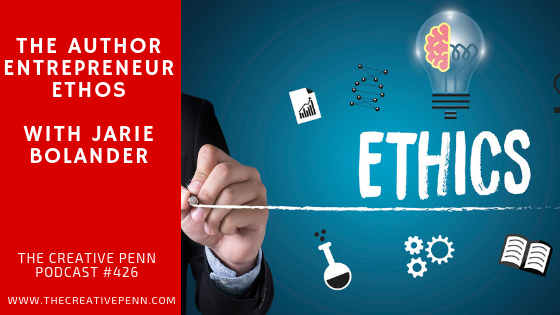 In publishing news, Streetlib now reaches half the world with their publishing portal encompassing the Middle East, South Asia and Africa [
In publishing news, Streetlib now reaches half the world with their publishing portal encompassing the Middle East, South Asia and Africa [
